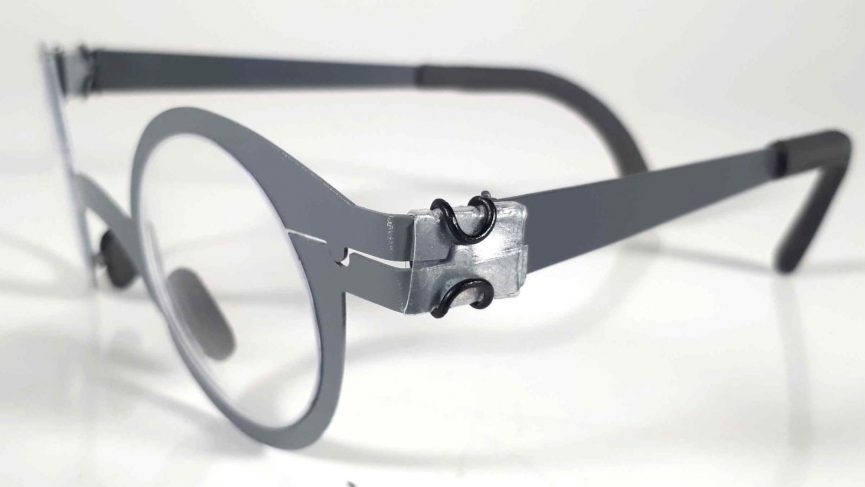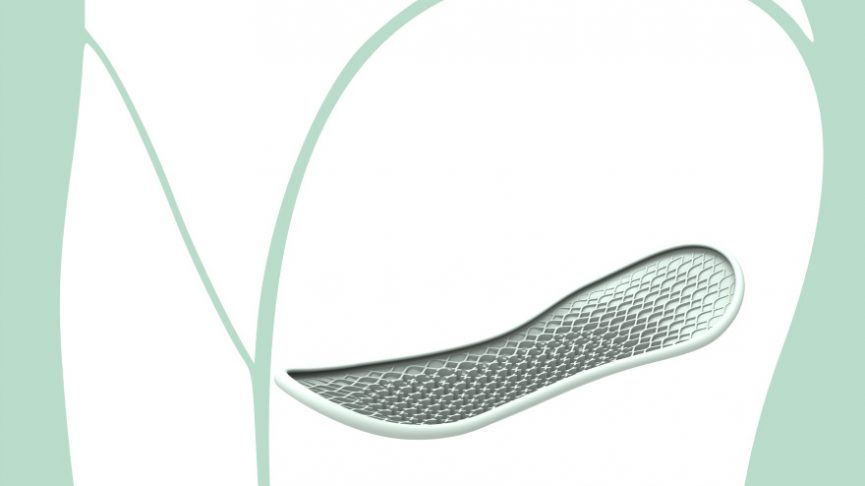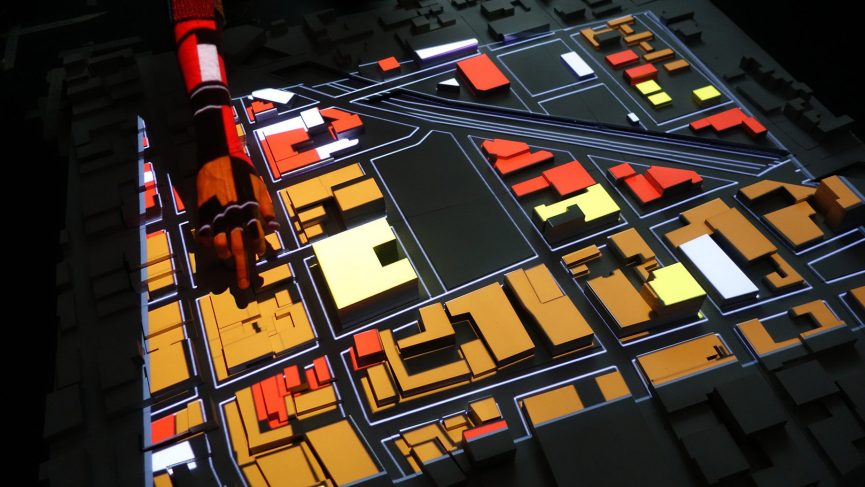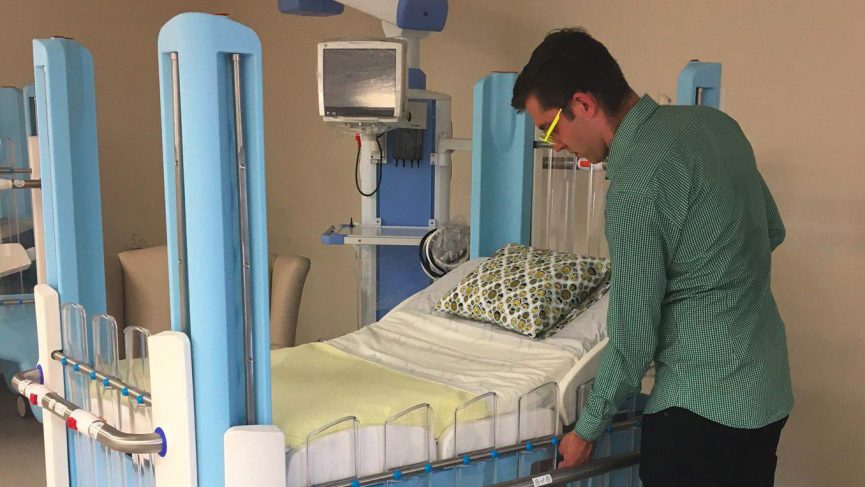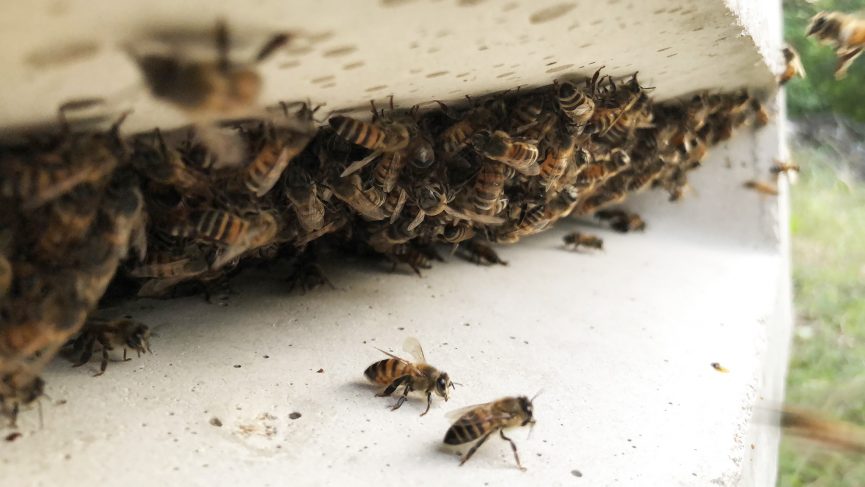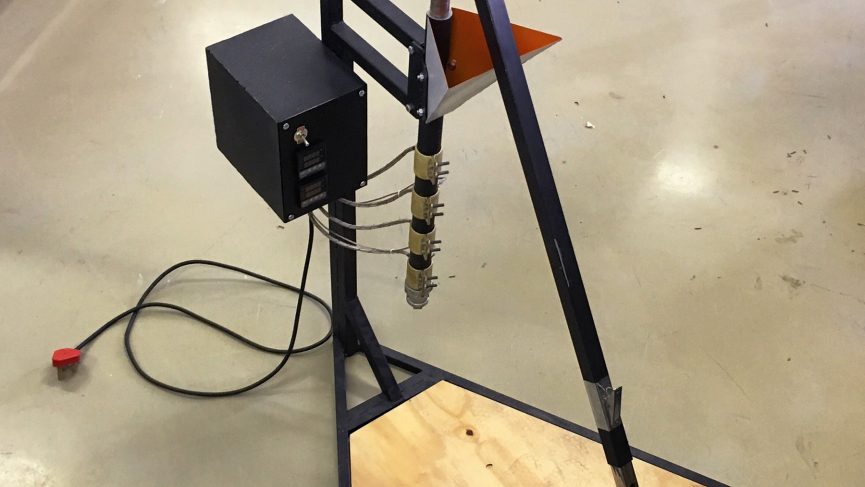2017-2019 | Adaptable Glasses
"My face isn't designed for glasses!" - Project Participant This project explored a socio-technical systems approach to designing eyewear for South Africans. Marcha Naudé began the project as a student in a BA Industrial Design in 2017 and then expanded it into a MA Design (offered in Industrial Design) from 2018-2020. I was her superviser for this project for both qualifications. Overview: In South Africa, there is a scarcity of prescription glasses manufacturers and the majority of locally available eyewear frames are imported. The bulk of this imported eyewear comes from a singular umbrella organisation, which designs eyewear from a predominantly Eurocentric perspective. For example, there are currently only two types of eyewear fit, the “regular” fit, based on European facial data, and the “Asian” or “global” fit, which was developed in reaction to the inappropriateness of the “regular” fit. In South Africa, a country with a significantly diverse population, ... Read More
